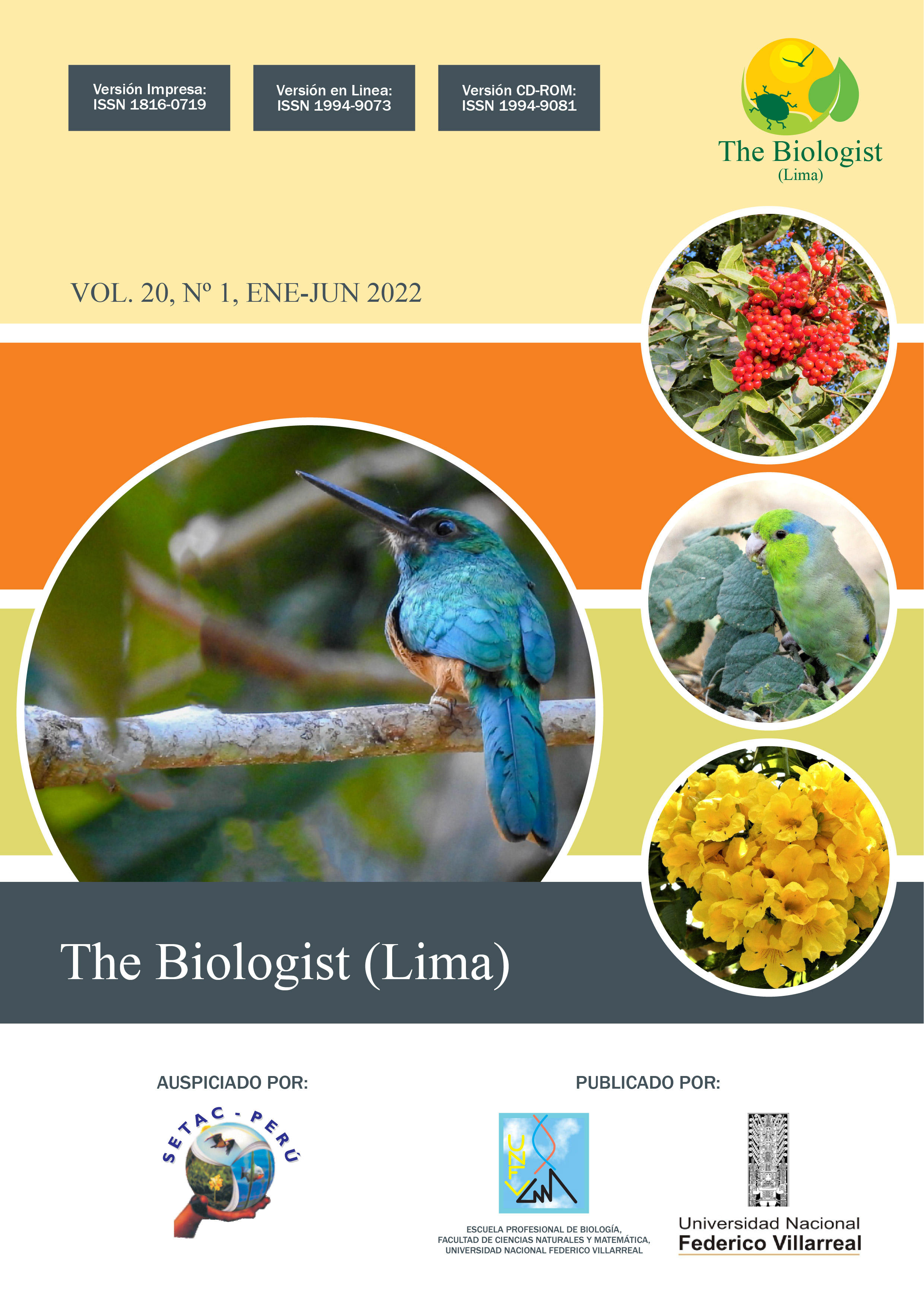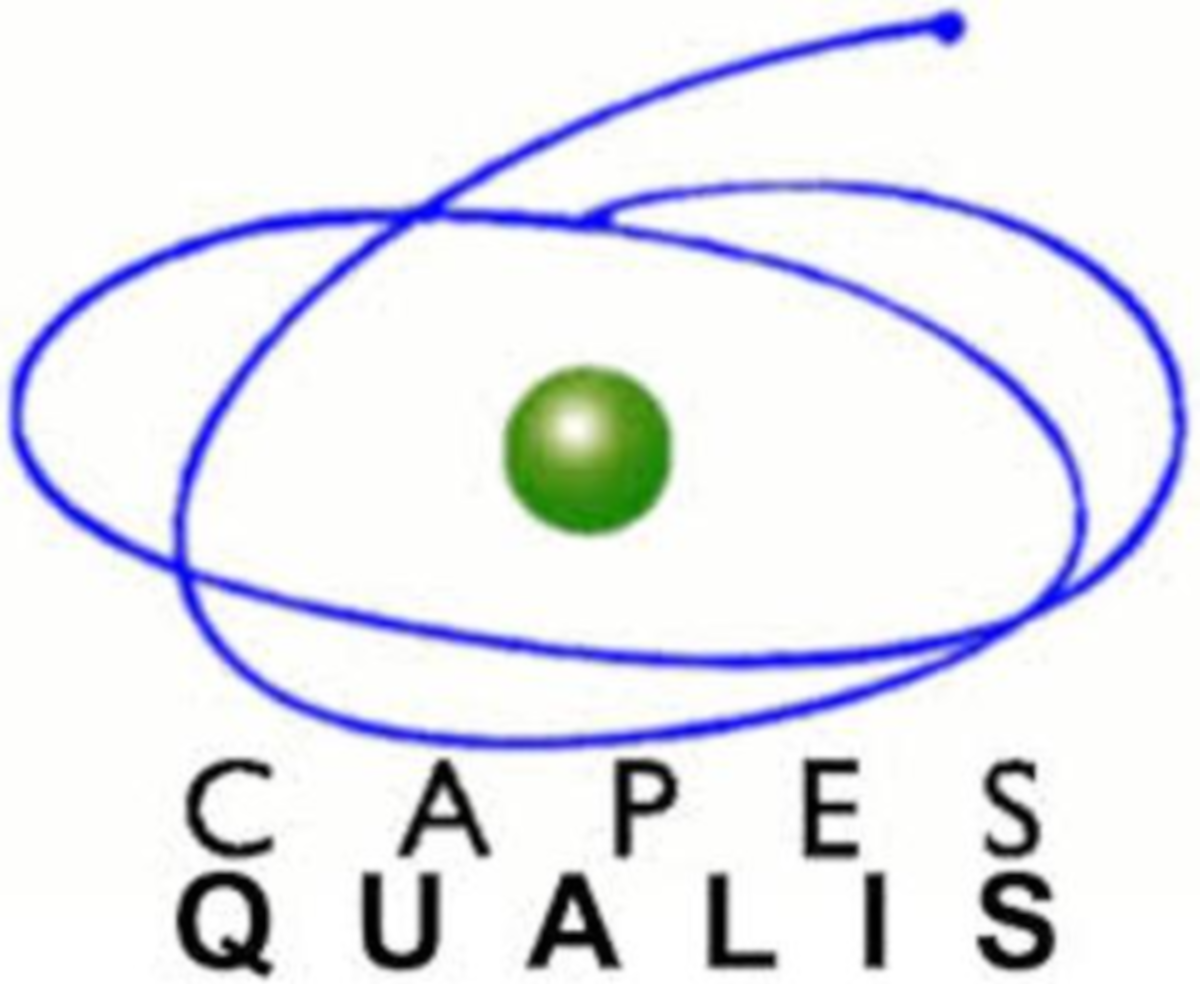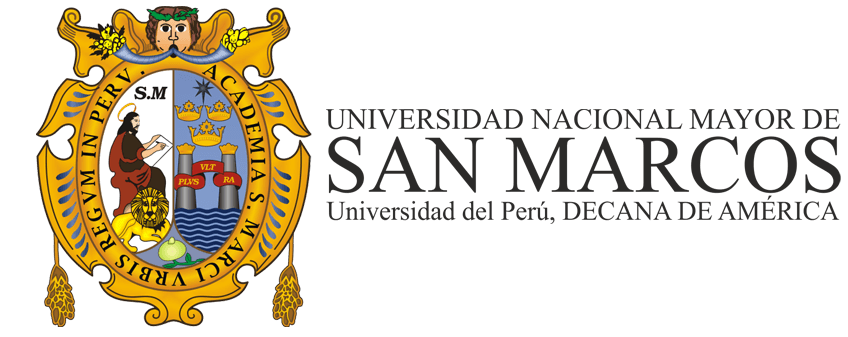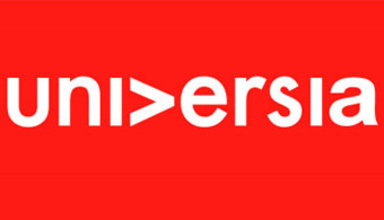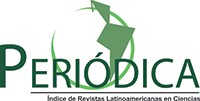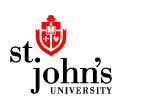WILL SOCIAL NETWORKS SERVE AS A TOOL FOR ECOLOGY RESEARCH IN THE FUTURE? THE CASE OF THE PRESENCE OF LEOPARDUS COLOCOLA (FELIDAE, CARNÍVORA) IN CHILE
DOI:
https://doi.org/10.24039/rtb20222011221Keywords:
Colocolo cat, Facebook, GBIF, Geographic distribution, Google Earth, Pampas CatAbstract
Social networks revolutionized communication in the world, transformed the media into broadcast media where users shared information of different kinds. For example, users of social networks in Chile posted photographs of wildlife including felines such as Leopardus colocola (Molina, 1872). If social media users published their findings in a selfless, altruistic and honest way, then they will serve as a tool for ecology research in the future. Under this consideration, the objective of this work was to establish if social networks can be constituted as a data source to know sites of presence of L. colocola in Chile, in comparison with the records published in scientific media. Considering that the privacy and use policies allow the use of the information from the networks, between January and April 2021, Facebook, Instagram, YouTube and Twitter were searched for publications about the species. A location coordinate was approximated using Googe Earth Pro. Additionally, publications in scientific journals and the Global Biodiversity Information Facility database were searched. 57 records of L. colocola were found in social networks, 21 in Global Biodiversity Information Facility and seven in scientific publications. Seven records from central Chile were located outside the known geographic range. Social networks served and will serve in the future, as a tool for research in ecology, especially if it is viewed under the concept of citizen science and under the assumption of altruism and honesty. The records of L. colocola published on social networks by users in Chile, undoubtedly contributed to the knowledge of new sites of presence of the species.
Downloads
Published
How to Cite
Issue
Section
License

This work is licensed under a Creative Commons Attribution-NonCommercial-NoDerivatives 4.0 International License.
Objeto: El AUTOR-CEDENTE transfiere de manera TOTAL Y SIN LIMITACIÓN alguna al CESIONARIO (Revista The Biologist (Lima)) los derechos patrimoniales que le corresponden sobre sus obras por el tiempo que establezca la ley internacional. En virtud de lo anterior, se entiende que el CESIONARIO adquiere el derecho de reproducción en todas sus modalidades, incluso para inclusión audiovisual; el derecho de transformación o adaptación, comunicación pública, traducción, distribución y, en general, cualquier tipo de explotación que de las obras se pueda realizar por cualquier medio conocido o por conocer en el territorio nacional o internacional.
Remuneración: La cesión de los derechos patrimoniales de autor que mediante este contrato se hace será a título gratuito.
Condiciones y legitimidad de los derechos: El AUTOR-CEDENTE garantiza que es propietario integral de los derechos de explotación de la(s) obra(s) y en consecuencia garantiza que puede contratar y transferir los derechos aquí cedidos sin ningún tipo de limitación por no tener ningún tipo de gravamen, limitación o disposición. En todo caso, responderá por cualquier reclamo que en materia de derecho de autor se pueda presentar, exonerando de cualquier responsabilidad al CESIONARIO.
Licencia de acceso abierto: El AUTOR-CEDENTE autoriza que manuscrito publicado en la Revista Científica The Biologist (Lima) (versión Impresa ISSN 1816-0719, versión en línea ISSN 1994-9073) permanece disponible para su consulta pública en el sitio web http://revistas.unfv.edu.pe/index.php/rtb/index y en los diferentes sistemas de indexación y bases de datos en las que la revista tiene visibilidad, bajo la licencia Creative Commons, en la modalidad Reconocimiento-No comercial- Sin Trabajos derivados –aprobada en Perú, y por lo tanto son de acceso abierto. De ahí que los autores dan, sin derecho a retribución económica, a la Escuela Profesional de Biología, Facultad de Ciencias Naturales y Matemática de la Universidad Nacional Federico Villarreal (EPB - FCCNM - UNFV), los derechos de autor para la edición y reproducción a través de diferentes medios de difusión.

